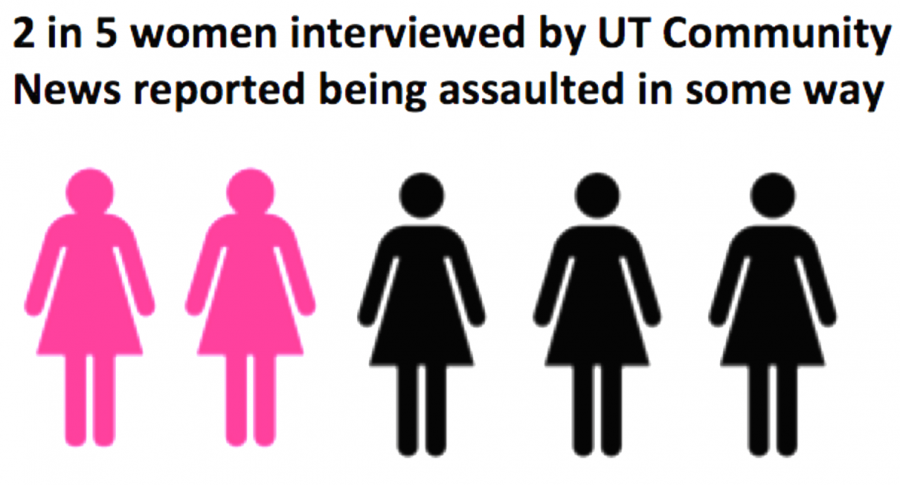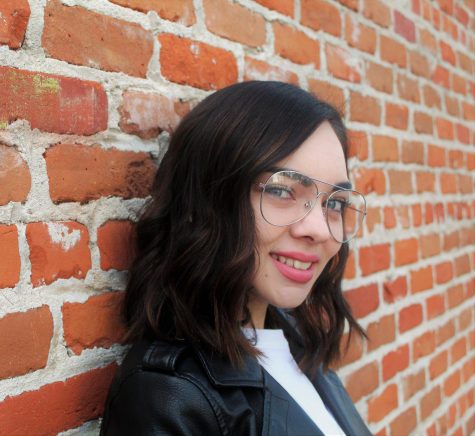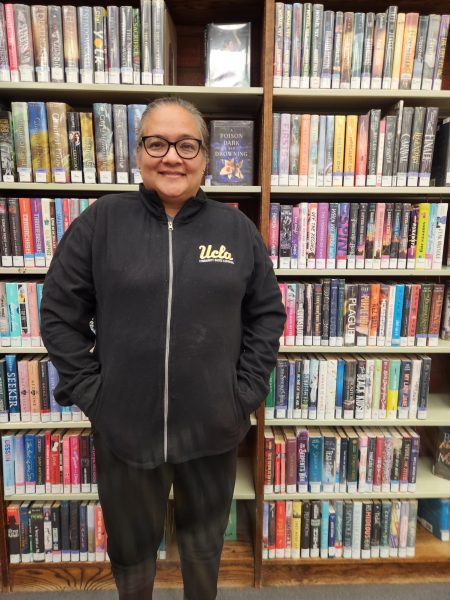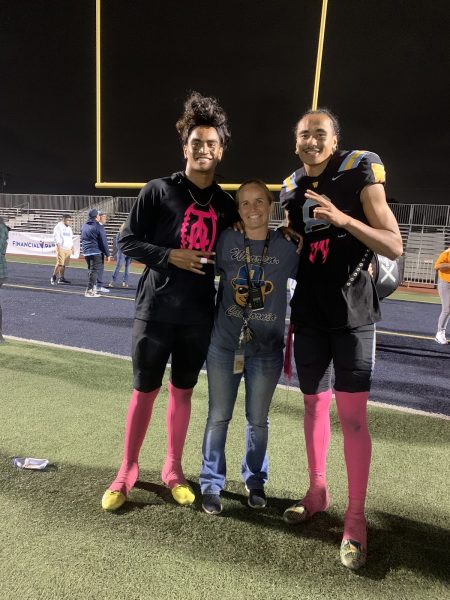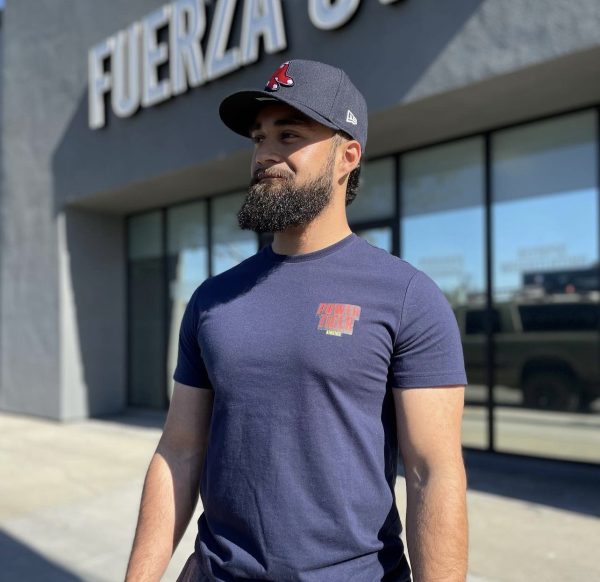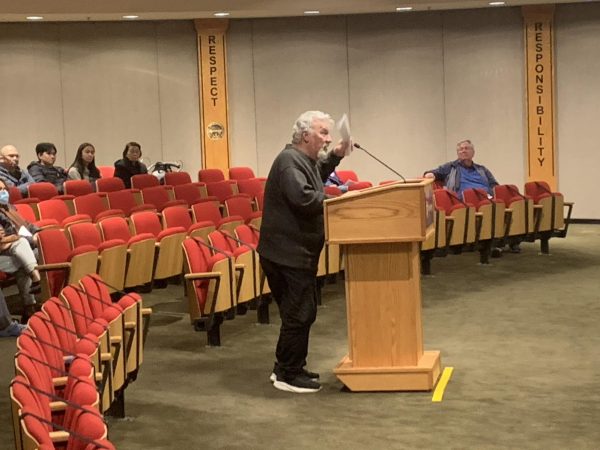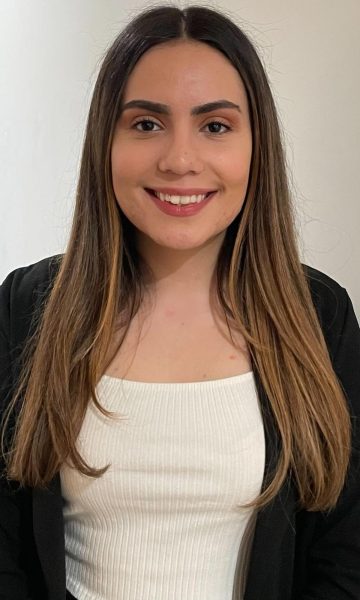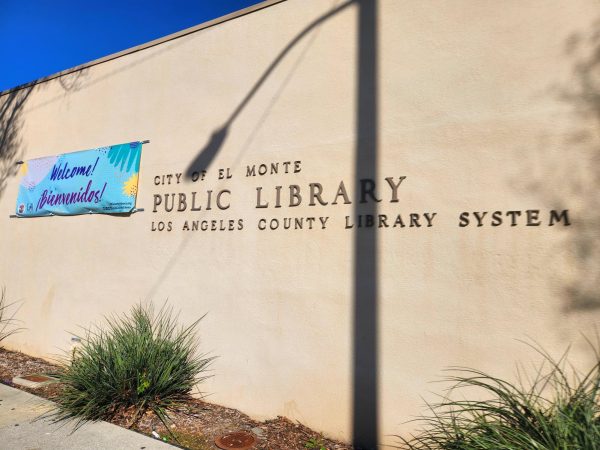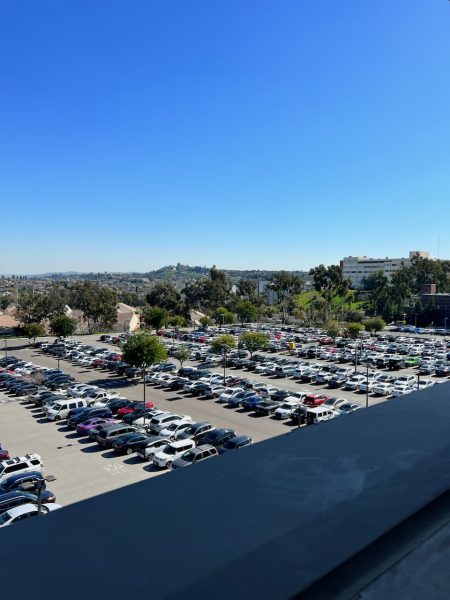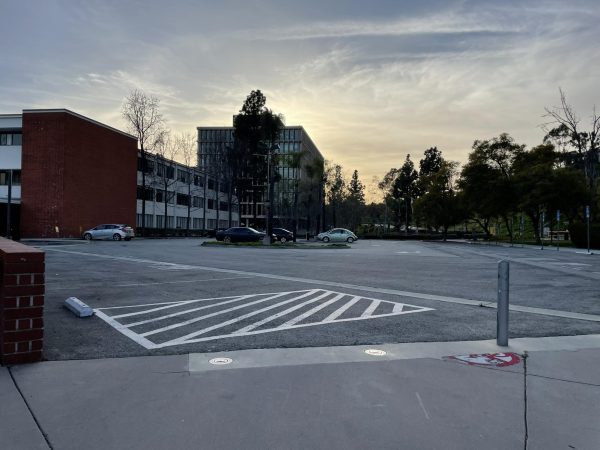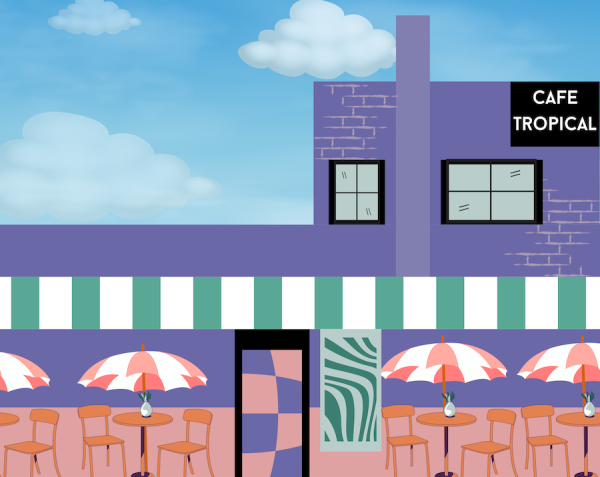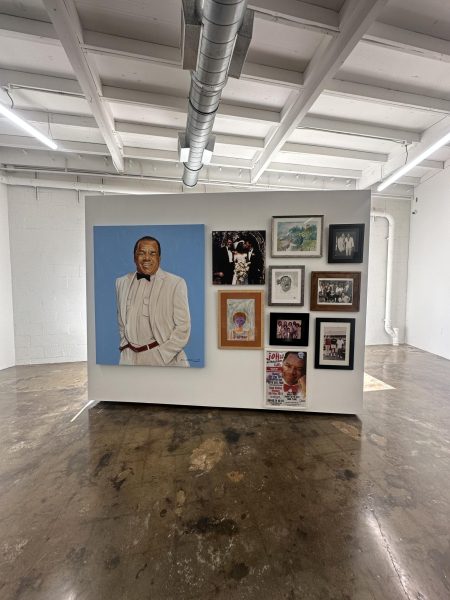#MeToo and Other Stories from East and South LA
“I really don’t think I’ll ever feel safe.”
“I shouldn’t have to feel vulnerable just because I’m a woman.”
“I don’t want to feel helpless against men.”
These are words from women in east and south Los Angeles interviewed by UT Community News. Interviews with 45 women this month found that 19 reported having been assaulted in some way.
Every woman interviewed expressed feeling some degree of vulnerability when having to do something alone—at any given time of the day. The fears described included the possibility of being stalked, robbed, or assaulted, either physically or sexually.
About half of the women interviewed shared their full names with the reporter, including many who said they wanted to share their stories in order to raise awareness and help prepare others for unexpected situations.
Kristina’s story
Not too long ago in the city of Inglewood, 24-year-old Kristina Hernandez was on her way home from work, near West Century Boulevard and South Prairie Avenue.
Usually she would be more cautious — with her cell phone in hand — in case of an emergency but it was a windy fall evening, so she wrapped her arms around her body for warmth, leaving her phone in her back pocket.
The sun had just set when a man came up to her and pushed her. It was getting dark and all she could see of her attacker was that he was a heavy-set Hispanic man.
“I remember being shoved into a bush and violated,” Kristina said. She tried to push him away, but she felt “helpless and weak.”
When the attacker grabbed and pushed Kristina down, she could tell her phone screen shattered onto the cement sidewalk. The man ran away seconds later.
“He stole my bag with my money, my I.D., and other personal things,” she said. “I didn’t know what to do, just because I was cold and not able to have my own transportation makes me a target. I really don’t think I’ll ever feel safe again.”
Diana’s story
Diana Fielden, who graduated from college this year in upstate California, was thrilled about moving back to East L.A.
Months after returning, she was leaving the mall near her home when a older man walked up to her, telling her that she should be a model. “You could make thousands of dollars,” he said.
Yeah, right, she recalled thinking. He seemed to sense her skepticism and became more aggressive.
She ignored him and walked away briskly. About five minutes later in another part of the parking lot, she felt as if she was being followed. She turned, hoping it was a friend.
It wasn’t. It was that same man from earlier.
“He pushed himself on me and when I fought back, he started cussing at me and got real angry…he eventually just took my phone and my purse and darted off,” she said.
Diana believes more happened but her memories are vague, likely due to the stress.
“That’s all I want to remember,” she said.
Since the incident, she has started carrying pepper spray in her bag and never walks alone in a public place when it’s dark out.
Most of the women interviewed who had not been assaulted said it’s still a big fear and they change their schedules around just to not put themselves in a problematic situation.
There are four different forms of assault: Aggravated assault is when a weapon is involved, simple assault happens without a weapon and minor or no injuries, assault is a physical attack or threat of attack, and lastly, crimes of violence include rape, sexual assault and robbery, according to the U.S. Department of Justice’s Bureau of Justice Statistics.
Violence against women is considered “a major public health problem” and “a violation of human rights,” according to the World Health Organization. WHO focuses its efforts on extensive research and tests to discern effective ways to address and expose abuse towards women. The group’s research shows that victims of sexual assault, assault, or any form of emotional or physical abuse experience psychological, social, economic difficulties and their view of men and the world is forever changed.
One resource in the area for assault victims is the East Los Angeles Women’s Center. It has been around for 42 years and works to provide women, girls and their families a place of health, safety, and personal well-being. In 2017, the center helped an estimated 1,020 women and 2,000 children from dangerous men by providing crisis homes and its 24-hour hotline number (800-585-6231) is confidential and offers bilingual services.
Community News reporters are enrolled in JOUR 3910 – University Times. They produce stories about under-covered neighborhoods and small cities on the Eastside and South Los Angeles. Please email feedback, corrections and story tips to [email protected].

